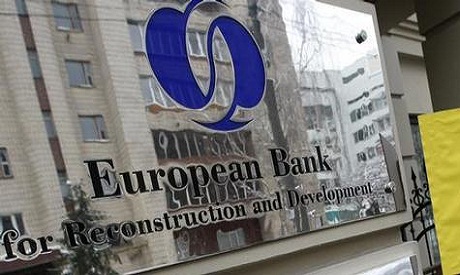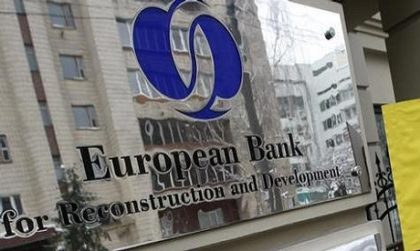
Climate Resilience: Morocco Gets EBRD-GCF Funding for Irrigation Project
 Moroccan Saïss Water Conservation Project has gained support from the European Bank for Reconstruction & Development (EBRD) and the Green Climate Fund (GCF).
Moroccan Saïss Water Conservation Project has gained support from the European Bank for Reconstruction & Development (EBRD) and the Green Climate Fund (GCF).
EBRD and partners are extending US$ 207 million for irrigation infrastructure projects that will protect agricultural production from the impacts of climate change.
According to Craig Davies, EBRD Head of Climate Resilience Investments, the funds will strengthen the climate resilience of critical infrastructure in the country, foster greater private sector involvement and benefit key sectors. “The EBRD believes that successful economies should be competitive, green, well-governed, inclusive, resilient and integrated”, he said.
In Morocco, water scarcity is being exacerbated by the impacts of climate change, and unsustainable groundwater use is leading to diminishing groundwater reserves. This poses a severe threat to agricultural production and rural livelihoods as more than 80 per cent of abstracted water is used for agricultural irrigation. Of the total agricultural land, only 15 per cent is irrigated, often with inefficient water use and management practices.
In response to climate change, the Morocco Saïss Water Conservation Project will improve the climate resilience of the country’s highly vulnerable agriculture sector, said the EBRD.
This will be achieved with a transformative water transfer scheme that will deliver more than 100 million cubic meters of irrigation water to the Saïss plain each year, thus enabling a switch from highly unsustainable groundwater to the use of sustainable surface water resources, as well as improving access to best-practice and efficient irrigation techniques.
The project will also bolster community involvement in water governance by scaling up technical skills and institutional capacities and promoting private sector involvement in the adoption of improved, modern irrigation infrastructure and equipment.
This will increase the efficiency of water use and services and promote drip irrigation and modern water demand management methods, strengthening the capacity for climate change adaptation in the Sebou-Saïss basin.
The GCF is a unique global initiative responding to climate change by investing in low-emission and climate-resilient development. It was established by 194 governments to limit or reduce greenhouse gas emissions in developing countries and to help adapt vulnerable societies to the impacts of climate change.
